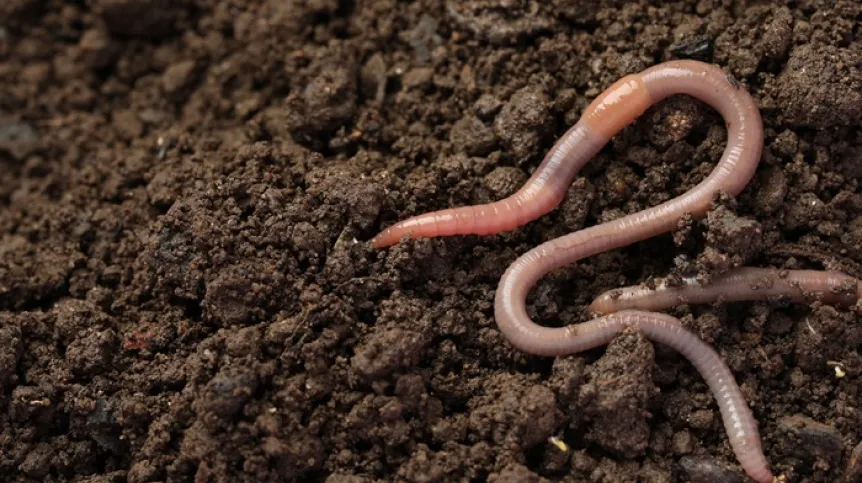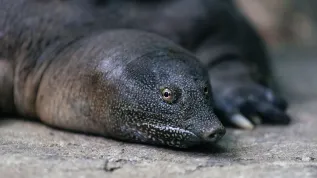
Scientists at the Warsaw University of Technology say certain earthworm species could offer a low-cost and effective way to clean up soils contaminated with crude oil, including heavily polluted sites such as those in Kuwait.
Researchers used a mix of the earthworm species Eisenia andrei and Eisenia fetida in oil-contaminated soils to test whether the worms could survive and help break down petroleum derivatives.
“We observed that earthworms are able to survive in such a harsh environment, and the final results showed intensive biodegradation processes,” said Professor Małgorzata Kacprzak from the university’s Faculty of Civil Engineering, Mechanics and Petrochemistry.
Earthworms are already used in environmental biotechnology, mainly for vermicomposting — a natural process that converts organic waste into compost. But using them for soil decontamination is new. Kacprzak noted that earthworms can accumulate heavy metals and support the breakdown of organic pollutants through their physical activity and gut microflora.
When applied to oil-contaminated soils, the worms’ primary contribution is aeration, which enhances bacterial decomposition of petroleum compounds. “The role of the earthworm microbiome itself is relatively small,” Kacprzak said.
The researchers describe the method as inexpensive and simple, requiring no specialized equipment. “It is a promising path toward sustainable environmental cleanup,” Kacprzak added.
The study was carried out in Kuwait, one of the world’s most severely oil-polluted regions. During the 1991 Gulf War, around 10 million tons of crude oil seeped into the soil, contaminating roughly 300 square kilometers. Cleanup efforts valued at about $3 billion are still underway.
Scientists wanted to see whether earthworms could survive in Kuwait’s arid, oil-saturated soils, which lack organic matter. “This is obviously a challenge for earthworms. However, the preliminary results are very promising,” Kacprzak said.
She added that enhancing the worms’ biotechnological potential could make them more effective in future remediation efforts. Possible approaches include engineering their gut microbiomes, introducing symbiotic microorganisms, or selectively breeding worms to better handle heavy metals and petroleum compounds.
Under controlled conditions, Kacprzak said, “soil bioreactors” containing earthworms could be developed to purify contaminated soils, provided the process can be monitored to avoid disrupting local ecosystems.
PAP - Science in Poland, Anna Mikołajczyk-Kłębek (PAP)
wl/ bar/
tr. RL













